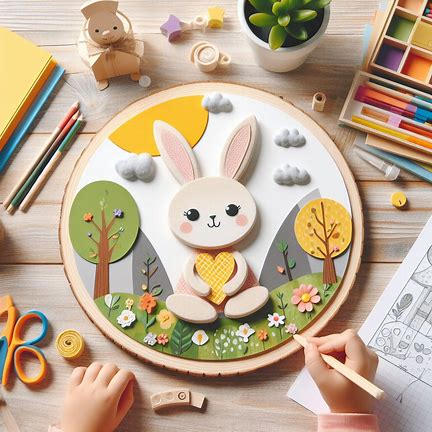Creating a detailed lesson plan for kindergarten is essential for fostering a structured and effective learning environment. Here’s a blog post that outlines the importance of a well-crafted lesson plan and how it can be implemented in a kindergarten classroom.
The Role of Teachers in Early Education
Kindergarten is a pivotal year in a child’s education, laying the groundwork for future academic success. Teachers play a crucial role in this early stage, not only by imparting knowledge but also by nurturing social and emotional development. A detailed lesson plan is a teacher’s roadmap to achieving these goals.
Components of a Kindergarten Lesson Plan
A comprehensive lesson plan for kindergarten should include the following elements:
Objectives: Clearly defined goals that students are expected to achieve by the end of the lesson.
Materials: A list of items needed to carry out the lesson, including books, art supplies, and any other resources.
Procedure: Step-by-step instructions on how the lesson will be taught, including any activities or discussions.
Assessment: Methods for evaluating student understanding and progress.
Reflection: Space for teachers to note what worked, what didn’t, and ideas for future lessons.
Tips for Effective Lesson Planning
Theme-Based Planning: Organize your lessons around weekly or monthly themes to provide a cohesive learning experience.
Hands-On Learning: Incorporate practical activities that allow children to learn through experience.
Collaborative Learning: Encourage pair work and group projects to develop social skills and teamwork.
Time Management: Divide lessons into manageable sections to keep students engaged and ensure that all material is covered.
Teaching Methods for Kindergarten
In kindergarten, teaching methods should be varied to cater to different learning styles. This can include:
Group Learning: Activities where children work together to solve problems or complete tasks.
Small Group Instruction: Targeted teaching that allows for more personalized attention.
Interactive Play: Games and playtime that have educational value.
Conclusion
A detailed lesson plan is more than just a schedule of activities; it’s a thoughtful approach to education that considers the unique needs of kindergarten students. By planning effectively, teachers can create an environment where learning is fun, engaging, and meaningful.
For those interested in creating their own lesson plans, there are free templates available in both Word and editable PDF formats1. These resources can help streamline the planning process, allowing teachers to focus more on the joy of teaching and less on the paperwork.
Remember, the goal of each lesson plan is to prepare children for the formal learning that awaits them in grade school. With a well-prepared plan, teachers can set their students on the path to success.


